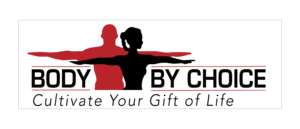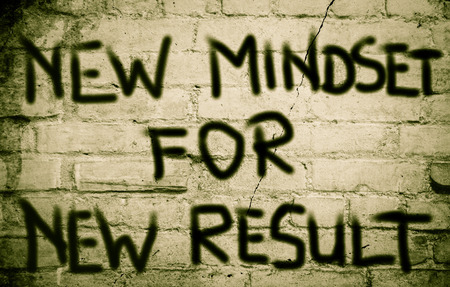Importance of Mindset to Injury Recovery
IMPORTANCE OF MINDSET TO INJURY RECOVERY
Most of us have or will have had to recover from an injury, surgery, or a case of over-use at some point in our lives. If you are lucky, a few days off and the correct rehab is all you need. For others the road was, or will be much longer. Keeping a positive mindset can be difficult. Your attitude can directly affect your ability to heal, the timeline to recovery, as well as the opportunity to discover new strengths.
We have a staff member who, upon returning from vacation with her family, could barely move without being in a tremendous amount of pain. Her lower back and hips were completely out of alignment and she was stuck in extension. There wasn’t an event or specific injury to explain why she was in so much pain. She has always had issues with her lower back and hips. She never received a diagnosis or an explanation for her issue. Up to this point, not knowing why did not bother her because she was not limited or restricted in her activities. She had trained consistently four days a week and could complete any program her trainer designed. Now, even remedial exercises caused her pain and discomfort. She was beyond frustrated and started seeking an answer to the cause of her pain. She spent the better part of six months consulting with different doctors, chiropractors and physical therapists. Each one could offer a treatment plan but no real reason for her situation. Mentally, she felt defeated and struggled with not being able to do the things she enjoyed. She lost her motivation to train and began filling her time with other things. This started a negative cycle on unhealthy habits and a fixed mindset.
What she has discovered in the last two and a half years is that everyone experiences setbacks. We will all have an ache, pain or limitation at some point. How we approach that situation makes all the difference. Adopting a growth mindset and thinking in terms of what new things you can learn from an experience will be beneficial. When speaking with our trainers, who have all had to recover from a setback, they agree on a few things when facing recovery: focus on what you can do rather than what you can’t do. Take it one day at a time.
Here are a few more points to keep in mind:
- Set realistic recovery goals.
- Explore new options: if you have a lower body injury, continue to train the upper body and set a new goal. Consider learning a new skill. If recovery limits how much time you can spend training, consider using that time in the kitchen. Supporting your recovery with great nutrition will help lower inflammation and keep your mind active.
- Focus on the things you can control: some things are out of your control, such as how fast your body heals. Focus on doing what your physical therapist and trainer suggest, and keep your appointments with your doctors to track your progress.
- Be grateful. If you don’t do it already, begin keeping a gratitude log. Make a list of the things you are grateful for each day. This could be strength in another part of your body or perseverance.
(resources: www.pouri.com; www.selecthealth.org; www.psychologytoday.com)




